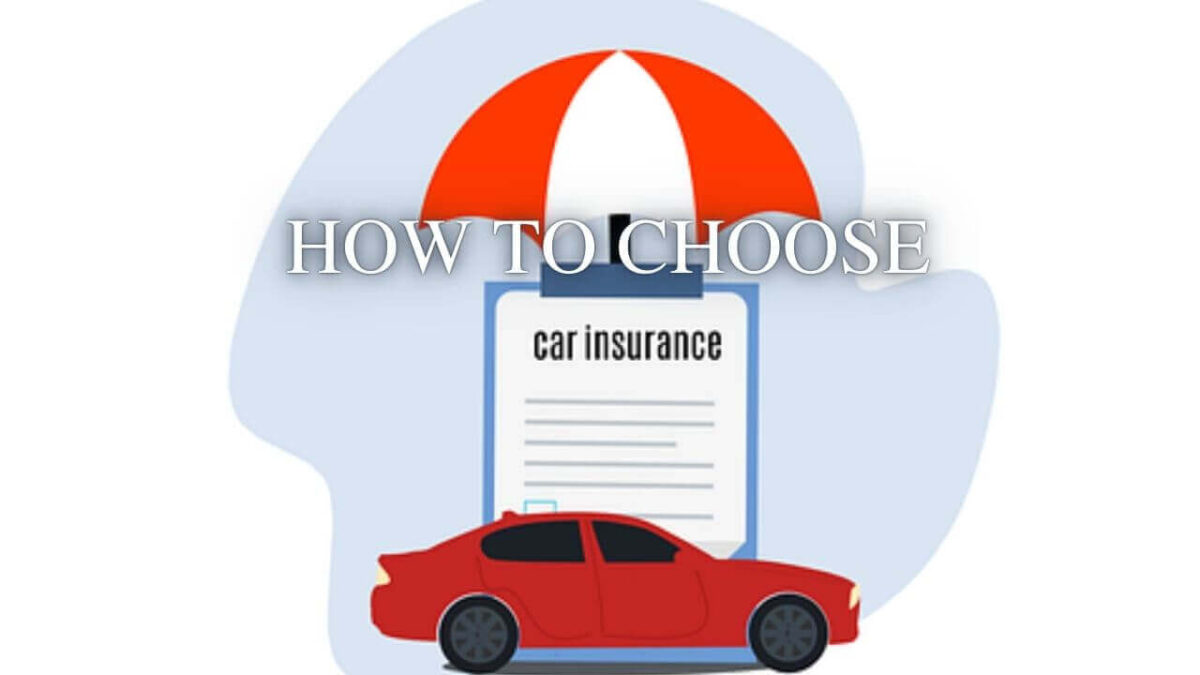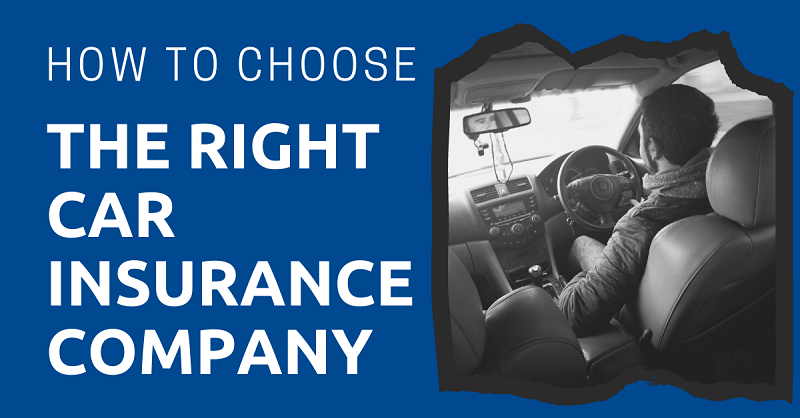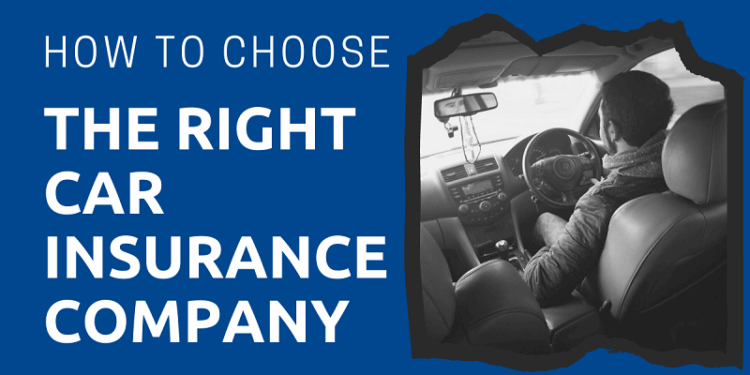When it comes to selecting insurance for company-owned cars, there are crucial factors to consider. From assessing vehicle types to comparing coverage options, this guide dives into the intricacies of making the right choice.
Explore the world of insurance for company-owned cars and make informed decisions that safeguard your business assets.
Factors to consider when choosing insurance for company-owned cars

When selecting insurance for company-owned cars, several factors need to be taken into account to ensure adequate coverage and cost-effectiveness.
Assessing the type of vehicles in the company’s fleet
It is crucial to evaluate the types of vehicles in the company's fleet, as insurance rates can vary depending on factors such as the make, model, and age of the vehicles. For instance, insuring high-end luxury cars may cost more than standard sedans or trucks.
Impact of the company’s location on insurance rates
The location of the company's operations can significantly impact insurance rates. Urban areas with higher traffic congestion and crime rates may result in higher premiums compared to rural locations. It is essential to consider these factors when choosing insurance for company-owned cars.
Specific coverage needs based on the nature of business operations
Understanding the specific coverage needs based on the nature of the company's business operations is crucial. For example, businesses that involve frequent transportation of goods may require comprehensive coverage for their vehicles to protect against potential damages or losses.
Comparing insurance options for different types of vehicles
It is important to compare insurance options for different types of vehicles within the company's fleet. Insurance providers may offer specialized coverage tailored to specific vehicle types, such as sedans, trucks, or vans. By evaluating these options, companies can choose the most suitable insurance plans for their fleet.
Types of insurance coverage suitable for company-owned cars
Insurance coverage for company-owned cars is crucial to protect your business from financial losses in case of accidents or other unforeseen events. Understanding the different types of coverage available can help you make informed decisions to safeguard your assets and employees.
Liability Coverage
Liability coverage is essential for covering the costs of damages or injuries you are responsible for in an accident. This type of insurance helps pay for the other party's medical bills, repair costs, and legal fees if you are found at fault in a collision.
For example, if your employee causes a car accident while on a business trip, liability coverage can help cover the expenses of the other driver's injuries and vehicle repairs.
Collision Coverage
Collision coverage protects your company-owned vehicles in the event of a collision with another vehicle or object. This type of insurance helps cover the costs of repairing or replacing your vehicle, regardless of who is at fault. For instance, if one of your drivers crashes into a tree or another vehicle, collision coverage can help cover the repair or replacement costs.
Comprehensive Coverage
Comprehensive coverage provides protection for company-owned cars in non-collision scenarios such as theft, vandalism, natural disasters, or falling objects. This insurance can help cover the costs of damages or losses that are not related to a collision. For example, if one of your vehicles is stolen or damaged by a hailstorm, comprehensive coverage can help cover the expenses of repairs or replacement.
Uninsured/Underinsured Motorist Coverage
Uninsured/underinsured motorist coverage is crucial in situations where the at-fault driver does not have insurance or has insufficient coverage to pay for damages or injuries. This type of insurance can help cover medical bills, lost wages, and vehicle repairs for your employees if they are involved in an accident with an uninsured or underinsured driver.
Roadside Assistance
Adding roadside assistance to your insurance policy can provide peace of mind for your drivers in case of breakdowns, flat tires, dead batteries, or other roadside emergencies. This service can help your employees get back on the road quickly and safely, minimizing downtime and ensuring they reach their destinations without delays.
Ways to lower insurance costs for company-owned cars
When it comes to managing the expenses associated with company-owned vehicles, finding ways to lower insurance costs can significantly impact the overall budget. Here are some strategies to help reduce insurance premiums for company-owned cars:
Bundling insurance policies for multiple vehicles
One effective way to lower insurance costs for company-owned cars is to bundle insurance policies for multiple vehicles under the same provider. Insurance companies often offer discounts for insuring multiple vehicles, making it a cost-effective option for businesses with a fleet of cars.
Impact of driver training programs on insurance premiums
Implementing driver training programs for employees who operate company-owned cars can have a positive impact on insurance premiums. Insurance providers may offer lower rates for businesses that invest in driver safety training, as it reduces the risk of accidents and claims.
Advantages of installing anti-theft devices in company vehicles
Installing anti-theft devices in company vehicles can help lower insurance premiums by reducing the risk of theft or vandalism. Insurance companies often offer discounts for vehicles equipped with anti-theft technology, making it a worthwhile investment for companies looking to save on insurance costs.
Higher deductible for lower insurance premiums
Opting for a higher deductible on insurance policies for company-owned cars can lead to lower insurance premiums. While a higher deductible means paying more out of pocket in the event of a claim, it can result in significant savings on insurance premiums over time.
Selecting the right insurance provider for company-owned cars

When it comes to choosing an insurance provider for company-owned cars, the decision should not be taken lightly. Selecting the right insurer can make a significant difference in the coverage, service, and overall experience for your company. Here are some key factors to consider:
Compare different insurance companies based on their reputation and customer reviews
Before making a decision, it's essential to research and compare insurance companies. Look into their reputation in the industry and read customer reviews to get an idea of their service quality and reliability.
Evaluate the financial stability of an insurance provider
One crucial aspect to consider is the financial stability of the insurance provider. A financially stable company is more likely to fulfill their obligations and pay claims promptly, providing your company with the necessary support in case of an accident.
Choose an insurer with a strong claims processing record
Efficient claims processing is vital when it comes to insurance. Select an insurer known for their quick and hassle-free claims processing to ensure that your company-owned cars are back on the road as soon as possible in case of an incident.
Work with an insurer that offers customizable policies
Every company has unique insurance needs, and a one-size-fits-all policy may not be suitable. Opt for an insurer that provides customizable policies tailored to your specific requirements. This way, you can ensure that your company-owned cars are adequately protected without overpaying for unnecessary coverage.
Final Conclusion
As we wrap up our discussion on choosing insurance for company-owned cars, remember that the right coverage can make a significant difference. By understanding your needs and exploring various options, you can secure the best protection for your company vehicles.
FAQ Insights
What factors should I consider when choosing insurance for company-owned cars?
Factors include assessing the types of vehicles, considering the company's location impact on insurance rates, identifying specific coverage needs, and comparing insurance options for different vehicle types.
What are the types of insurance coverage suitable for company-owned cars?
These include liability, collision, comprehensive coverage, uninsured/underinsured motorist coverage, and adding roadside assistance to the policy.
How can I lower insurance costs for company-owned cars?
Tips include bundling insurance policies, driver training programs impact on premiums, installing anti-theft devices, and considering a higher deductible for lower premiums.
How do I select the right insurance provider for company-owned cars?
Compare providers based on reputation and customer reviews, evaluate financial stability, choose insurers with strong claims processing records, and opt for those offering customizable policies.














